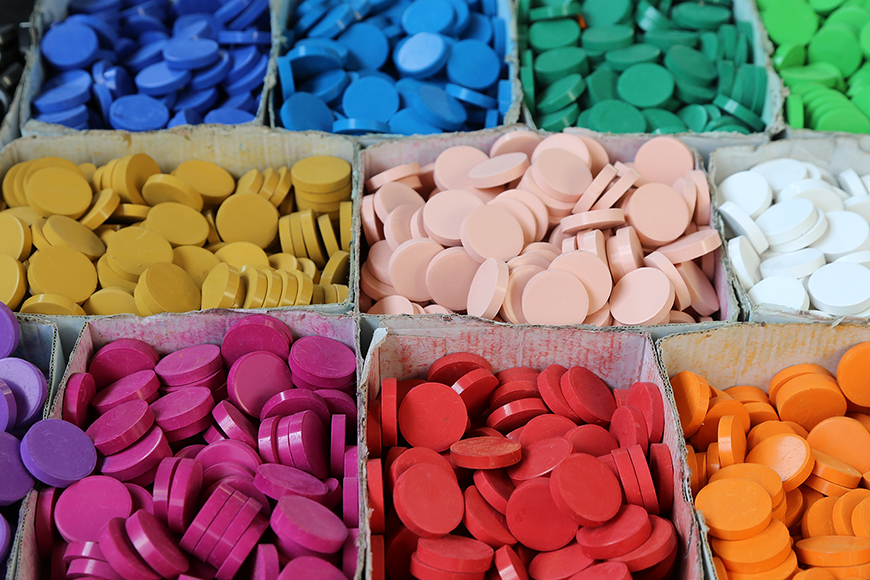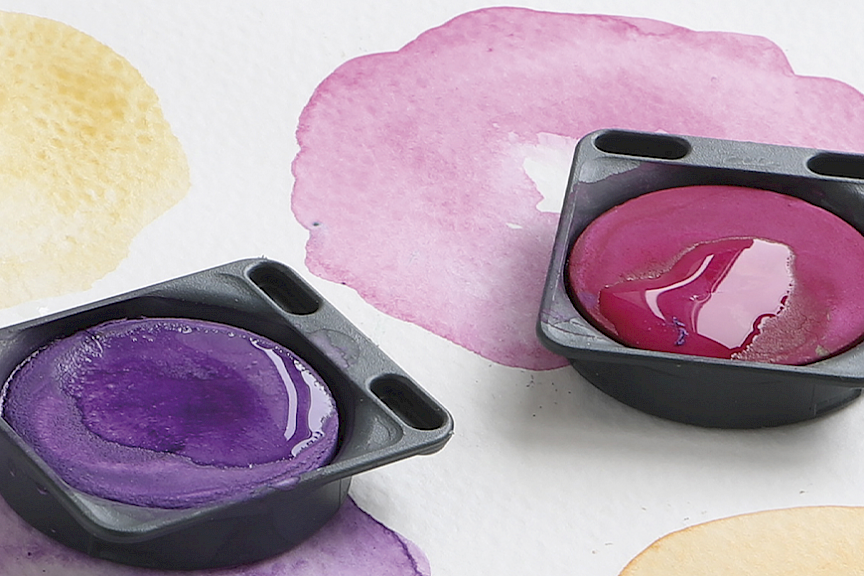
Over the past year, we have been forced to reconsider what home means to us. In different ways and for different reasons, we have come face-to-face with the places thatwe took for granted were as our home. It has happened to those who live in a small apartment, to large families who share a few rooms, to young people who have just left home, to those who inhabit large spaces. In a city center or immersed in nature, we found ourselves questioning the spaces around us, and how to manage and rethink them. A changing present and an uncertain future imply the need to imagine the world in a different way, to ask questions and find new answers.
On the occasion of Fuorisalone Design 2021 in Milan, Strategy Innovation, StudioLabo and Fuorisalone.it, together with eleven partner companies, have tried to rethink the way we live the house on a practical level. The result is called Manifesto dell'Abitare, and is meant to be "a useful tool for designing the domestic spaces of the future". The project is articulated as a discourse. Words guide us in the dialogue with a new vision of spaces: "each room is described in such a way as to stimulate reflections and ideas at the service of architects, designers and urban planners". The point of view is that of someone who is not an expert, or at least not directly: "we are not sector technicians, nor do we have the presumption to pretend to be such, but we are undisciplined business consultants, curious and fascinated by innovation and the future who, in an atypical way, do not want to measure the house in square meters, but rather on the quality of relationships". Space is understood not only as inhabited, but co-inhabited, in order to improve, through a rethinking, the quality of relationships of those who live there.

Eleven companies of different nature have collaborated, each one telling the story of a room. We at Morocolor contributed with the description of the children's room, starting from the awareness that, as the German pedagogue Jean Paul maintained, "play is a serious thing. Indeed, tremendously serious.” Playing is not just about spending time and having fun: it means developing, through ritual dynamics, the logical and emotional skills necessary for the construction of a healthy society.
Children's rooms have changed particularly, as a result of the pandemic. While their lives used to revolve around school, social relationships, sports and time spent outdoors, in the past year most children and adolescents have had to concentrate everything within the confines of a room: lessons, study, play, physical activity and relationships with peers have all been mixed together within the walls of a small room, often mediated by a screen.

It is therefore necessary to rethink the children's bedroom: what can be useful for a child growing up in this complex moment? Marco Moro, president of Morocolor, interviewed in the context of Manifesto dell'Abitare, sees mostly simple things: "a sign with the words 'do not enter', because it's their space;""of course, some colors, "which are a must-have, just as you must have music, especially at this difficult time," and then "a computer, to be able to relate to others, especially to school," a closet ... "always closed because inside there will be a whole world, in a terrible mess." Finally, a window, to look at the world outside, to see how it changes and not to lose contact with nature, which continues to be the purest and most genuine thing. The small room also serves "to rebel a little", to have a place where one can be oneself, with one's own thoughts, errors, contradictions and above all reflections.
The room we have as children is more than just a physical place: it is a space that we should always take inside, the right place to take time alone, to reflect and return to our roots, to consider our own path and when necessary rethink it.